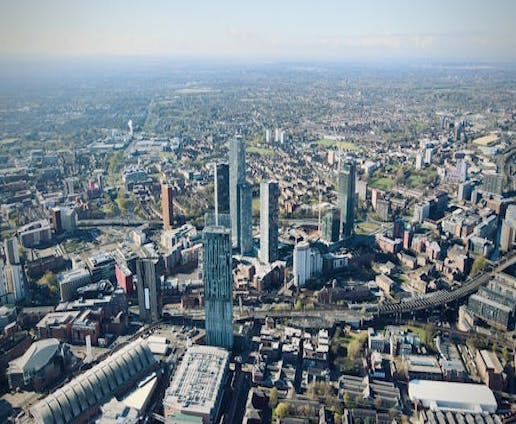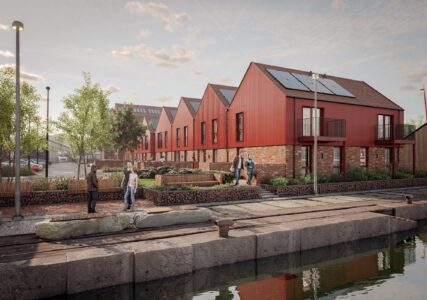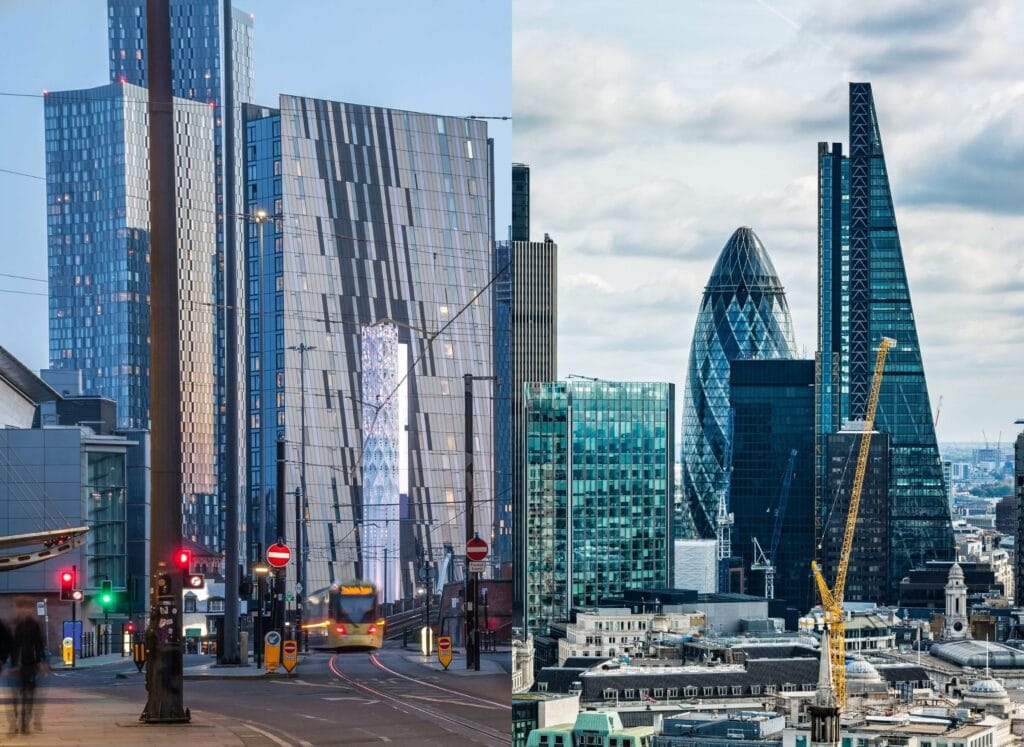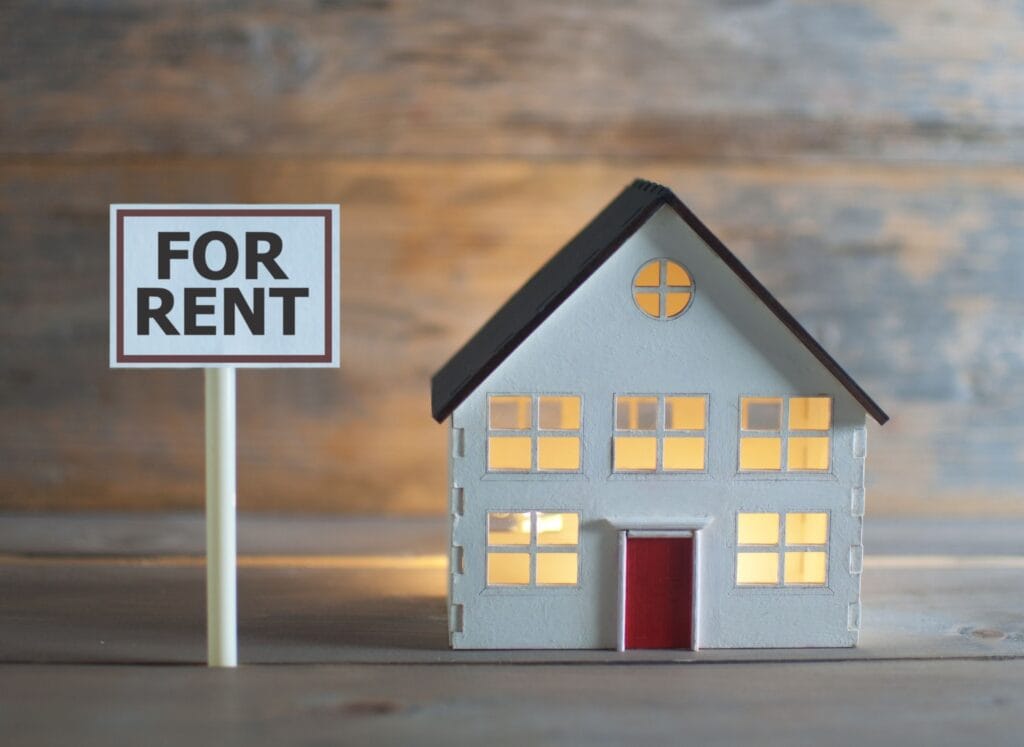The post-pandemic property market in Manchester has shown resilience and signs of robust recovery, reflecting a broader trend seen across many major cities worldwide. According to TK Property Group, the pandemic initially brought uncertainty and a slowdown in property transactions, but as the situation began to stabilise, Manchester’s property market rebounded, driven by several key factors including pent-up demand, changes in buyer preferences, and governmental interventions.
Shift in Buyer Preferences
One of the most significant impacts of the pandemic on the property market has been a shift in buyer preferences. With more people working from home, there’s been a surge in demand for properties with additional space for home offices, gardens, and larger living areas. Manchester, with its diverse property portfolio, ranging from modern city-centre apartments to spacious suburban homes, has been well-placed to accommodate these changing needs. The desire for more space and better living conditions has pushed many to look beyond the city centre, revitalizing interest in the Greater Manchester area’s residential market.
Governmental Interventions and Support Schemes
The UK government introduced several measures to support the property market during and after the pandemic, including the temporary reduction of stamp duty. This initiative made it more financially appealing for buyers to proceed with property purchases, stimulating activity in the Manchester market. Additionally, support schemes such as Help to Buy have assisted first-time buyers in stepping onto the property ladder, further bolstering the market’s recovery.
Investment and Development
Manchester has continued to attract significant investment in residential and commercial development, underscoring confidence in the long-term prospects of its property market. The city’s ongoing regeneration projects, including the expansion of the Metrolink tram system and the development of the Northern Powerhouse initiative, have contributed to this positive outlook. These projects have not only improved infrastructure but have also made Manchester more attractive to investors and residents alike, promising enhanced connectivity and job opportunities.
Rental Market Resilience
The rental market in Manchester has also demonstrated resilience, with demand remaining high throughout the pandemic and into the recovery phase. The city’s strong student population and young professionals, attracted by Manchester’s vibrant culture and employment opportunities, have ensured a steady demand for rental properties. This enduring demand has encouraged investors to remain engaged with Manchester’s property market, contributing to its recovery and growth.
Looking Ahead
As Manchester continues to navigate the post-pandemic landscape, several factors suggest its property market is set for sustained growth. The shift towards remote working could have a lasting impact, with more individuals and families prioritizing space and quality of life over proximity to the workplace. This could further drive interest in properties in suburban and semi-rural areas around Manchester, potentially leading to a more balanced spread of demand across the region.
Moreover, Manchester’s reputation as a hub for innovation, culture, and education continues to attract domestic and international interest, ensuring its property market remains dynamic and resilient. The ongoing development projects and investments in infrastructure signal strong confidence in the city’s growth potential, making Manchester an attractive proposition for investors, homebuyers, and renters alike.
In conclusion, Manchester’s property market has not only recovered from the pandemic-induced downturn but is also poised for future growth. The combination of shifting consumer preferences, governmental support, investment in development, and the city’s intrinsic appeal has created a robust foundation for the market’s ongoing resilience and expansion. As Manchester adapts to the new normal, its property market continues to evolve, reflecting the city’s enduring attractiveness and potential for both residents and investors.









